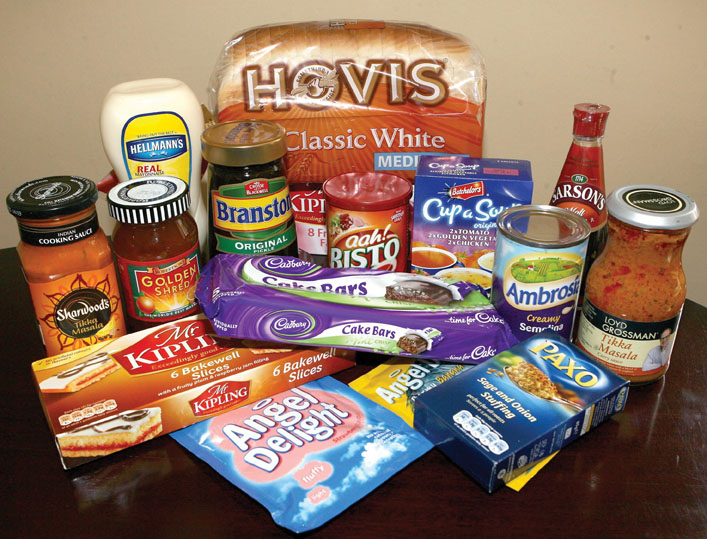Household Bills
Record food sales in March as UK shoppers prepared for lockdown

Brits spent a record £10.8bn on groceries in the past four weeks as they prepared for national lockdown, data reveals.
The average household spent an extra £62.92 during the past month, equivalent to adding five days’ worth of groceries to trolleys.
Shoppers in London, where the outbreak is at its worst across the country, increased their spending the most, up by 26% during the month.
And for families with children over the age of 16, they spent an average £508 this month, £88.13 more than they did in March 2019.
The latest grocery market share figures from Kantar show year-on-year supermarket sales grew by the fastest rate in over a decade during the past 12 weeks – increasing by 7.6%.
But the rate of growth in the most recent four weeks was nearly three times higher at 20.6%, making March the biggest month of grocery sales ever recorded.
It is even higher than levels seen at Christmas which is typically the busiest time of year in normal circumstances. Purchases of food and drink items for store cupboards rose by 28% during the past four weeks and by the same again for frozen goods.
Kantar revealed that Monday 16 March had an unusually high number of transactions and leading up to Thursday 19 March, 88% of households visited a grocer, making five trips on average. This added up to 42 million extra shopping trips across four days.
While Tesco, Sainsbury’s, Asda, Morrisons, Waitrose, Aldi and Lidl took the lion’s share of sales – 76% – in March (19% higher than a year earlier), convenience stores also benefited.
Smaller branches of the major retailers and independently-owned outlets increased their share of spend to 13.3%, growing sales by 30% compared with the same four weeks a year ago.
When it comes to online grocery sales, figures were up 13% from the same period last year and the average basket grew to £81.88, £6 more than March 2019.
However, with limited delivery slots, only 14.6% of households received an online delivery in the past four weeks, up from 13.8% in March 2019 but well below actual demand.
Kantar’s Fraser McKevitt, head of retail and consumer insight, worldpanel division, UK, said looking ahead, it expects restrictions on movement and relatively full grocery cupboards will mean the incredibly high levels of shopping trips made in March will drop off over the coming weeks.
“Regular trips to smaller local stores are likely to continue, as people avoid travelling and queues at stores with one-in-one-out policies in place. Sales of long-life and non-perishable items will slow as households work their way through stocks and consumers will focus on replenishing their supply of fresh foods.
“While much-reported panic buying has been concentrated to a relatively low number of individuals so far, we anticipate that this too will subside as consumers gain confidence in the retailers’ abilities to maintain grocery supplies and keep stock on the shelves,” he said.